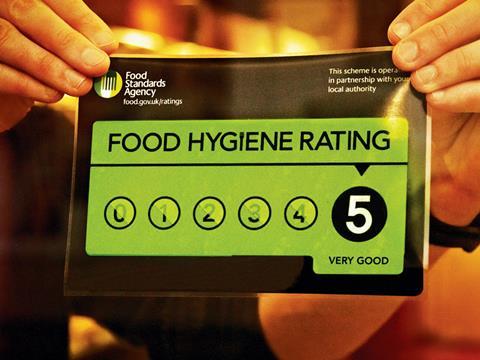
The FSA has turned to Tesco to trial a new, technology-based model for food safety across England, Wales and Northern Ireland, after describing the current system of inspections as stuck in the past.
The UK’s biggest retailer will be one of two companies, alongside pub and restaurant chain Mitchells & Butlers, to launch three-month pilots in December. These will investigate how big businesses can play a greater role in food safety policing.
The agency, which is lining up pilots to follow with a series of other big food retailers and operators, plans to move to a new “light touch” regulatory system, which it claims will free up resources to tackle the “rogue” companies operating in areas such as food fraud.
In an exclusive interview with The Grocer this week, FSA chair Heather Hancock said she wanted to move to a system where the top 20 or 30 “super food businesses”, covering the majority of the food supply chain, had regulatory agreements in place with the FSA, which would make use of their technology, data and audit systems, while requiring far fewer inspections and much less red tape.
“If you were going to design a food safety regime today you would not design the system we have,” said Hancock. “It’s not kept pace with the sheer rapidity of changes and innovation in the food industry.”
Hancock admitted that flagship FSA food safety programmes, such as the Food Hygiene Rating System (FHRS), or Scores on the Doors, were grinding to a standstill in some areas under the weight of local authority budget cuts, and needed a radical shake-up, which she hoped would involve tapping in to technology used by food companies to monitor their supply chains.
“We know there are local authorities that are struggling in being able to operate the scheme because of issues with resources,” she said.
Other areas where the FSA hopes to use the supply chain food safety practices of these super food businesses as part of its new regime include its meat inspections, which she said were “currently entirely based on visual inspections”.
“Food business have almost given up on it ever changing,” added Hancock, who pledged to slash the number of inspections faced by food companies across different sectors.
“Take a foodservice company with 1,300 outlets,” she said. “As things stand they are likely to be facing 1,300 inspections a year. The system is horribly complicated.”
Hancock insisted the FSA was not neglecting its responsibility for food safety by turning to the likes of Tesco for help.
“We know a company like Tesco has systems which reach a long way into its supply chain and some very good systems for food safety and food authenticity, which we believe we can learn from,” she said.
“The responsibility for food safety will remain with the FSA but it’s not our job to make food safe. It’s always the businesses’ responsibility to make food safe.”
The FSA boss said the new system, which she hopes will be ready to come in by 2019/20, would enable the FSA to concentrate its resources on areas such as food fraud, with previous measures such as the National Food Crime Unit having been lambasted by critics because of the lack of resources.
“It’s absolutely critical that we know who are the baddies out there who are wilfully disregarding food safety. Who are the rogues that are under our radar?”
Hancock admitted the FSA changes would face resistance from some local authorities and could be controversial with the public. But she said there was widespread misunderstanding amongst the public about the level of protection provided with existing resources.
“I think there is a perception in the public that there is a level of inspections which in reality just doesn’t exist. We want to be very clear and transparent in what we are doing and that it is about making the food safety system safer and more effective.”







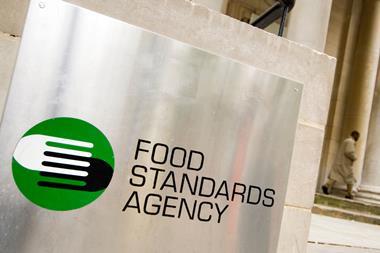
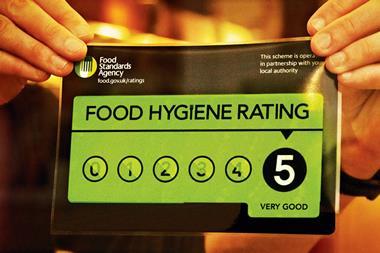

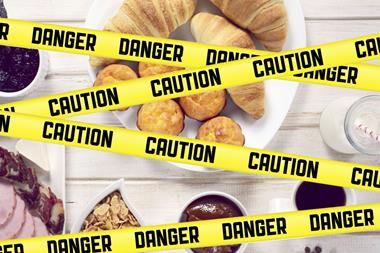
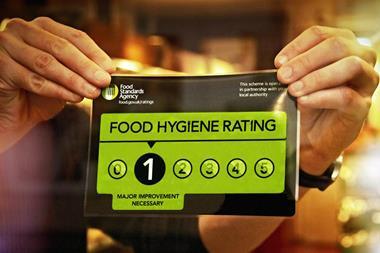


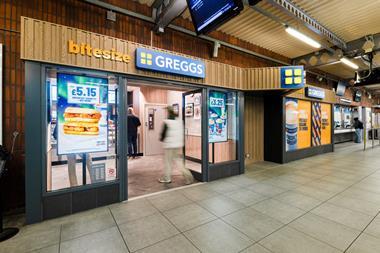




No comments yet